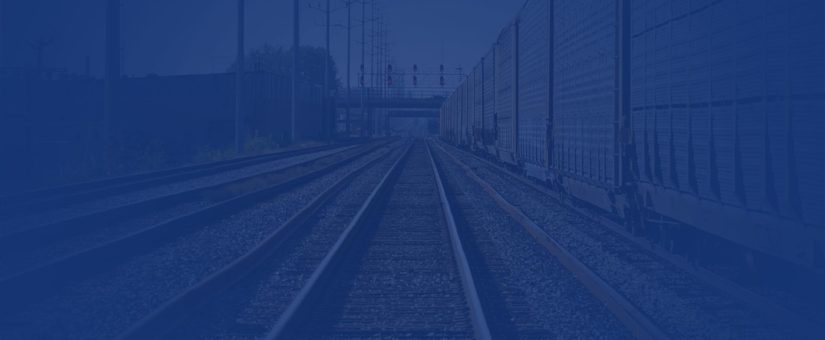
A New day . . . or two?
- On October 8, 2019
By: Bradon J. Smith
STB Moves to Act in the Wake of Demurrage Hearings, with Two Rulemakings, and One Policy Statement. Comments due by Nov. 6.
On October 7, 2019, the Surface Transportation Board announced its intention to expand its regulation of demurrage—the railroad industry practice of assessing charges to persons detaining cars longer than the “free-time” allowed under the railroad’s tariff provisions. Perceiving carrier abuse of demurrage, the STB released two Notices of Proposed Rulemaking, and announced a proposed Policy Statement, the latter of which might carry even more regulatory significance.
In Demurrage Billing Requirements, Docket No. EP-759, the STB advanced modifications to its existing freight claim regulations at 49 C.F.R. part 1333. Under this rulemaking, the STB contemplates requiring all Class I-generated demurrage invoices to include: the date the waybill was generated; the loaded/empty status of the car (including commodity for the former); the shipper/consignee/or responsible party; origin and status of shipment; placement time (whether actual or constructive); notification time-stamp; and the date/time of release by the responsible party.
Much of this information would likely prove necessary to bring a successful collections suit for unpaid demurrage charges. But the bigger development is the STB’s proposal concerning from whom the Class I carrier may collect. Specifically, the STB proposes to allow shippers and third-party intermediaries (such as transloaders and warehousemen) to unilaterally “opt out” of the current allocation of demurrage liability, wherein a carrier can collect from either party at its discretion, provided each party has notice of the railroad’s demurrage policies and charges. The STB proposes an opt-out whereby either the shipper or receiver of freight cars advises the railroad that only the shipper should be invoiced for demurrage. We anticipate that third-party intermediaries will require their shipper customers to assume all demurrage liability if the STB’s rules take effect as currently proposed.
In the second rulemaking, Exclusion of Demurrage Charges from Certain Class Exemptions, Docket No. EP 760, the STB would “clarify” that existing exemptions of the transportation of certain commodities and instruments of transportation (such as boxcars) do not exempt demurrage practices from regulation.
Finally, Policy Statement on Demurrage and Accessorial Rules and Charges, Docket No. EP-757, though not a rulemaking, may be the most significant development in demurrage regulation. In that proceeding, the STB announced its intention to address a variety of practices which the agency appears to suspect carriers might use to unfairly generate increased demurrage income, including reducing free time from the traditional two days to one (hence the title of this post); bunching (holding cars for delivery to create circumstance where recipient cannot receive all cars at once); “overlapping charges” (e.g., a carrier seeks to impose a charge for both the conventional demurrage/constructive placement of a car, and the upstream, knock-on effect of “congestion” or other carrier inconvenience); prejudicial or purposely-expensive dispute resolution provisions; vague delineation of “credits” as incurred due to fault of carrier v. free time allowance; and unreasonably short-notice tariff changes.
Should you have any concerns or questions concerning these proceedings, or if you wish to participate in the comments phase of any of them (which we encourage you seriously to consider) please contact F&S. We extensive experience representing and counseling railroads in responding to and shaping proposed regulatory action




